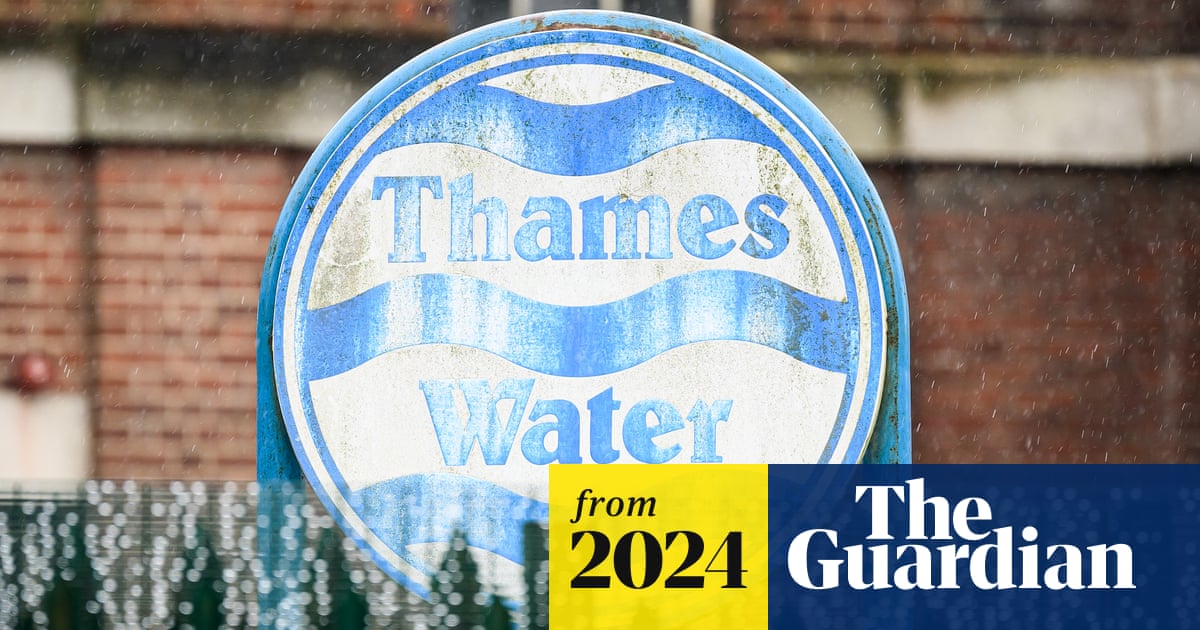JRM is certainly pushing for insolvency:
To be fair he has got a point - they're running a monopoly, they've paid out large sums to the investors while failing to invest, they've taken a punt with some debt prior to interest rates rising and now those rising rates and their lack of maintenance has come back to bite them.
The bonds have fallen significantly which indicates a pretty high chance of them not being repaid (and is perhaps indicative of the risk for the counterparties to any bonded loan too):

 www.theguardian.com
www.theguardian.com
Remember bondholders (and indeed bonded loan holders) might be a higher priority than shareholders when a company goes bust but they can still be largely (or even completely) wiped out too getting pennies on the pound (thus the fall in bond prices) - only some bonds or bonded notes may be secured and thus higher priority above the other holders of Thames Water debt.
To be fair he has got a point - they're running a monopoly, they've paid out large sums to the investors while failing to invest, they've taken a punt with some debt prior to interest rates rising and now those rising rates and their lack of maintenance has come back to bite them.
What they'll then stumble over are the billions in bonded loans, which they will still be legally obliged to repay, along with the costs of improving and then maintaining service. Without private investment, that will come down to public borrowing.
The bonds have fallen significantly which indicates a pretty high chance of them not being repaid (and is perhaps indicative of the risk for the counterparties to any bonded loan too):

Thames Water owner bond slumps to record lows amid uncertainty over firm
Fall to 14.4p comes after shareholders said they were unwilling to inject further funds
The £400m bond, issued by the water supplier’s parent company, Kemble, has slumped to only 14.4p after shareholders indicated that they were unwilling to inject further funds into the heavily indebted utility company.
The group of shareholders had been due to pump in £500m by the end of March but refused to and indicated they were even willing to write off £5bn of investment amid a standoff with the industry regulator Ofwat over Thames’s turnaround plan.
The fall in the value of Kemble’s debt underlines investor uncertainty over the company’s future, in an industry where private companies have been loaded with debt since privatisation in 1989.
The bond, which matures in 2026, has fallen more than 80% over the last year, and halved to only 12.7p after the shareholder update, before lifting slightly to 14.4p.
Remember bondholders (and indeed bonded loan holders) might be a higher priority than shareholders when a company goes bust but they can still be largely (or even completely) wiped out too getting pennies on the pound (thus the fall in bond prices) - only some bonds or bonded notes may be secured and thus higher priority above the other holders of Thames Water debt.
Last edited:

